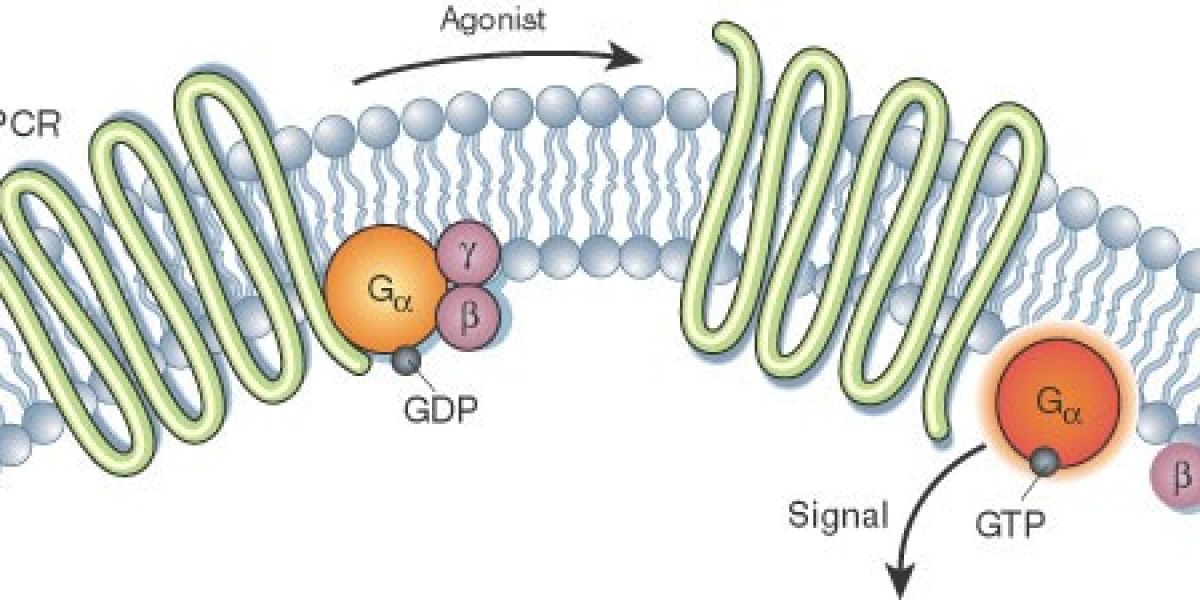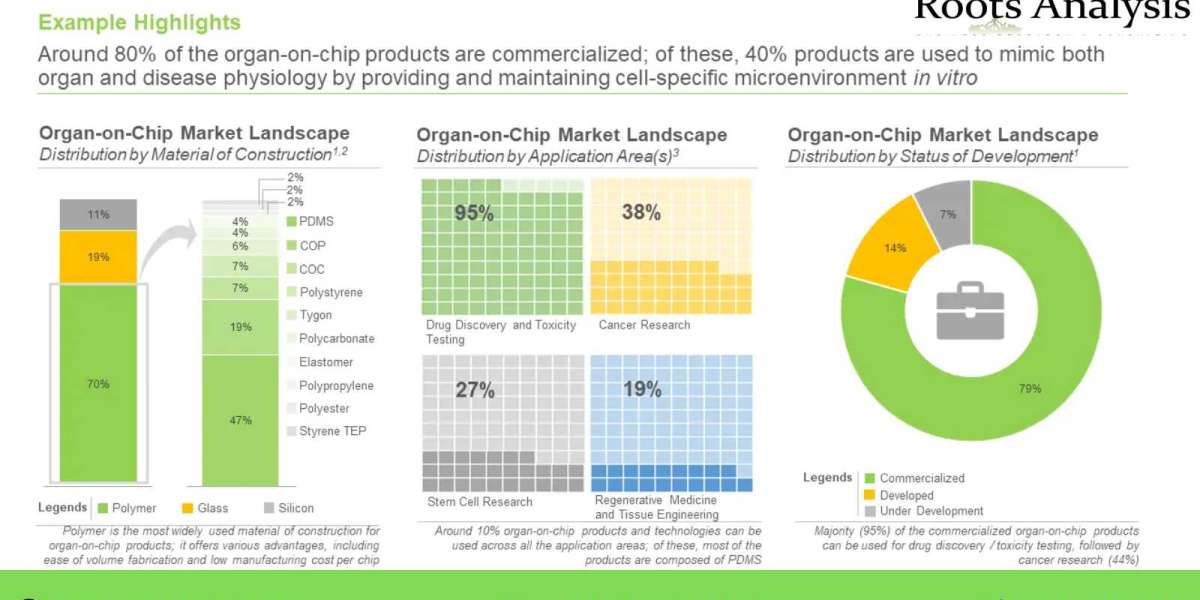Global G-Protein Coupled Receptors (GPCRs) represent a rich and promising target for drug discovery and therapeutic intervention, with implications for a wide range of diseases and disorders. In this article, we explore the potential of GPCRs as drug targets and discuss the strategies employed in harnessing their therapeutic potential.
GPCRs as Drug Targets:
Global G-Protein Coupled Receptors are one of the most targeted classes of proteins in drug discovery, with approximately one-third of all prescription drugs targeting GPCR signaling pathways. The diverse roles of GPCRs in physiology, coupled with their druggability and tractability as molecular targets, make them attractive candidates for therapeutic intervention.
Strategies in GPCR Drug Discovery:
- Ligand-Based Approaches: Traditional drug discovery efforts have focused on identifying small molecule ligands that bind selectively to GPCRs and modulate their activity. High-throughput screening, medicinal chemistry, and structure-activity relationship studies are employed to identify and optimize lead compounds with desired pharmacological properties.
- Structure-Based Approaches: Advances in structural biology, particularly in GPCR crystallography and cryo-electron microscopy, have provided unprecedented insights into the structural dynamics and ligand-binding mechanisms of GPCRs. Structure-based drug design techniques leverage this structural information to rationally design ligands with improved selectivity, affinity, and efficacy.
- Biased Signaling Modulation: GPCRs can activate multiple signaling pathways, leading to diverse cellular responses. Biased agonists or allosteric modulators that selectively activate or inhibit specific signaling pathways offer the potential for more precise and tailored therapeutic interventions with reduced side effects.
- Allosteric Modulation: Allosteric modulators bind to sites on GPCRs distinct from the orthosteric ligand-binding site, offering the potential for fine-tuning receptor activity and signaling. Allosteric modulators can enhance or inhibit the effects of endogenous ligands, providing opportunities for novel therapeutic approaches.
Therapeutic Implications:
The therapeutic implications of targeting GPCRs are vast and encompass a wide range of diseases and disorders, including neurological disorders, cardiovascular diseases, metabolic disorders, inflammatory conditions, and cancer. GPCR-targeted drugs have revolutionized the treatment of numerous conditions, providing effective therapies with improved efficacy, tolerability, and safety profiles.
Global G-Protein Coupled Receptors (GPCRs) represent a rich and fertile ground for drug discovery and therapeutic innovation. With their central roles in cellular signaling and physiological regulation, GPCRs offer diverse opportunities for targeting and modulating disease pathways. By leveraging innovative drug discovery approaches and harnessing the therapeutic potential of GPCRs, researchers and pharmaceutical companies can continue to unlock new treatments and improve outcomes for patients across a broad spectrum of diseases and disorders.
Get more insights, On G-Protein Coupled Receptors



